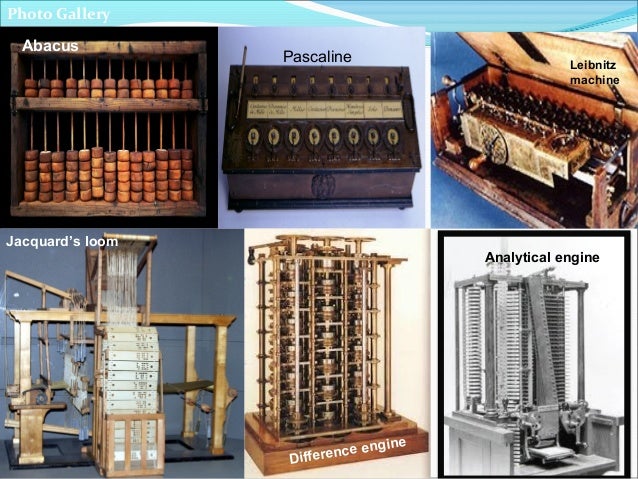
Hi everyone, I hope you are all doing well! The house renovations are f i n a l l y almost complete! We were able to unpack nearly everything and we feel at home now. At the beginning of this week, I was planning on working on my AWS course (which I’m about 60% done with), networking, and applying for jobs. However, there was an internet outage in my area for a couple of days!

It’s a little sad how much I rely on electronics/internet, but I chose to be in the tech industry so I couldn’t do any of the work I would normally be doing on my computer. I was still able to use the internet on my phone so I started researching more about the history of CS. At Flatiron, we didn’t really get into the history behind computers and programming besides really brief rundowns, we sort of just jumped right into learning code. I was eager to know more, and I’m glad I took the time to look it up because I learned a lot of interesting things.
Early Computers
When you sit back and really think about it, it’s absolutely fascinating what computers have allowed us to accomplish. You might think of a computer as a machine with a screen, a keyboard and a mouse but there were different computers before that looked and functioned a lot different than what we use today. For example, the Abucus was one of the first “computers” that was used around 2500 BC in Mesopotamia. Over the next few thousands of years, other devices for computing were invented; things like the Astrolabe, the Slide Rule, and other devices to calculate tides, sunsets, guiding patterns for looms, figuring out what time it was and much, much more. These early computers helped get things done more quickly and accurately and looked like this:

Since then, more and more computers were invented for a wide variety of different uses. They became more advanced and complex as time went on and were often too expensive for most of the popuation to get their hands on. Computers were very useful to militaries and were used in wars to accurately fire artillery shells, decipher codes, and calculate airspeed. Charles Babbage invented a general purpose computer called the Analytical Engine in 1837 and then Ada Lovelace went on to write programs for it. She is considered the world’s first programmer!

She inspired so many people and shaped the future of computer programming. We’ve come a long way and it’s amazing what we can do with technology today. I’m so happy I’ve come into this field because there are endless amounts of things to learn and I’m thankful I have access to absorb as much as I can. Next week, I want to dig a little deeper into some more history and get into how programming works. See you soon!
Peace,
Nica